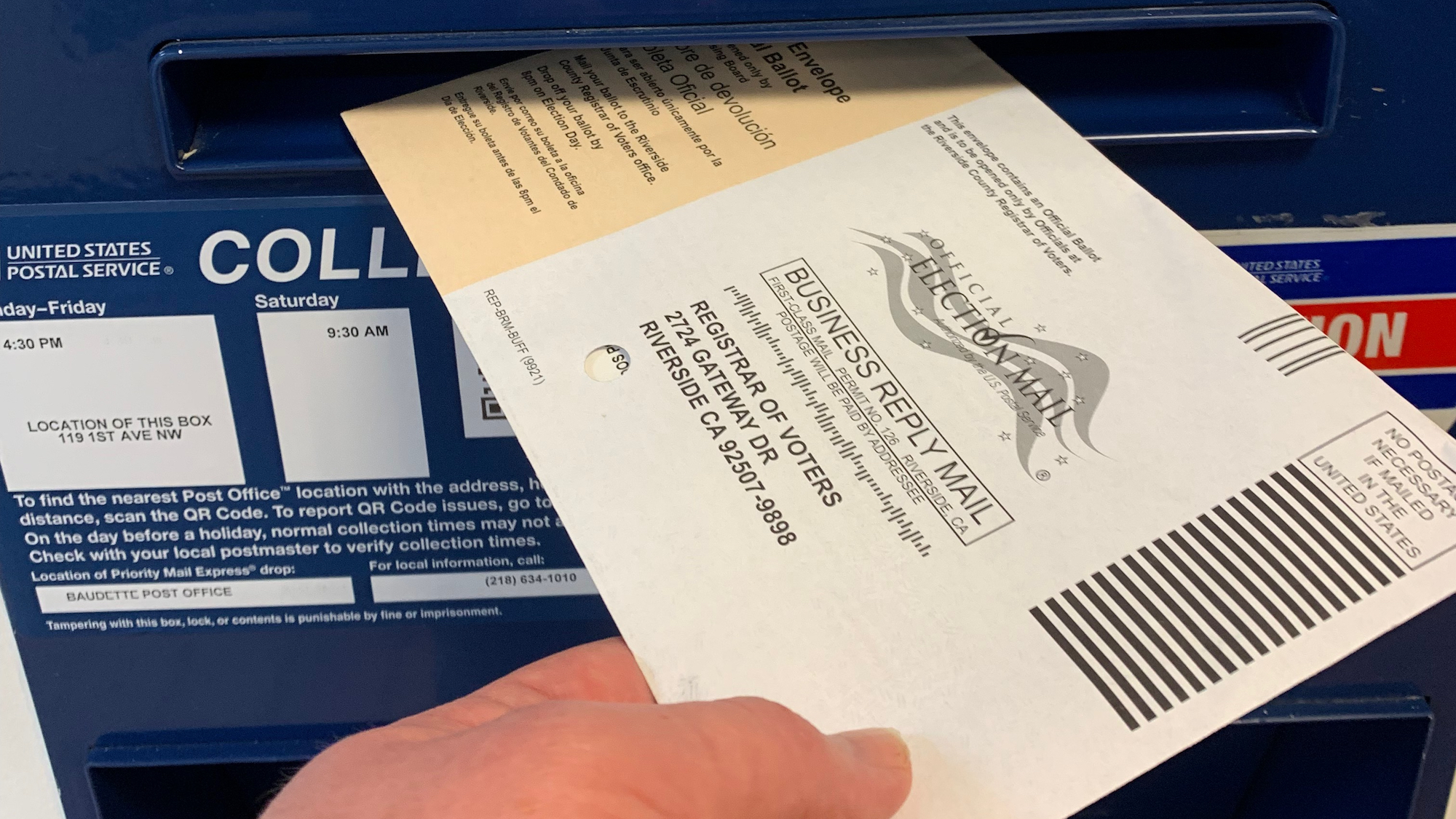
Vote for your health in California's recall election
By Robert Hopwood
A person's health impacts whether or not they vote, and those who do vote shape the state's health care policy. This cycle can hurt marginalized communities if those with poor health vote less often than healthier citizens, which they do.
"Voting and health are associated, namely people with worse health tend to be less likely to engage in voting," according to a 2020 study in Public Health Review. "Differences in voter participation due to social, economic, and health inequities have been shown to have large effects on electoral outcomes."
Health policy encompasses much more than health insurance regulations and prescription drug prices. While those issues are important, many other policy decisions determine whether or not people live healthy, fulfilling lives.
Those issues, known as the social determinants of health, encompass the conditions in places where people live, learn, work, and play that affect a wide range of health and quality-of-life risks and outcomes, according to the Centers for Disease Control and Prevention.
The determinants of health include housing economic stability, education access and quality, health care access and quality, neighborhood and the built environment and social and community context, according to the U.S. Office of Disease Prevention and Health Promotion.
These are all issues DAP Health takes seriously, and those who mail in their ballots or show up to the polls are the people who will shape these policies for years to come.
On Tuesday, Sept. 14, voters will be asked two questions. Should Gov. Gavin Newsom remain the governor of California? And who should replace Newsom if a majority of voters decide to remove him from office?
More: More than a Little Respect – A Conversation with Erasure’s Andy Bell
More: COVID-19 vaccine: A message from Dr. David Morris, DAP Health Chief Medical Officer
With 46 candidates vying to replace Newsom, we can only guess how the recall results will impact the state's health-related policies. Those candidates span the ideological spectrum.
If Newsom avoids becoming the second governor in California history to be recalled, state policies that impact health — from housing to education — likely will stay the same. If he is recalled, state policies could change in unknown ways depending on who replaces him.
And further complicating the guessing game about the potential direction of state policies after Tuesday is the state Legislature.
Whoever wins will have to work with the legislative body, which controls the power of the purse. And it isn't changing after Tuesday. Together, the Assembly and Senate provide an essential check on every governor's power.
Following the recall election, the state will continue focusing on the issues that impact every Californian's health and welfare.
For example, as anyone who walks through downtown Palm Springs knows, the Golden State has a homeless crisis. Whoever wins Tuesday's recall will have to tackle the problem, directly impacting the lives of more than 150,000 people and the communities in which they live.
Another issue facing the state is surprise billing. For example, when someone visits the emergency room, he/she/they may unknowingly get procedures done by providers who aren't covered by their insurance. They often have to deal with thousands of dollars in unanticipated and uncovered costs when the bill arrives.
The people who vote in Tuesday's election will be the ones who decide who becomes or remains one of California's most influential persons. Those who stay home won't.








